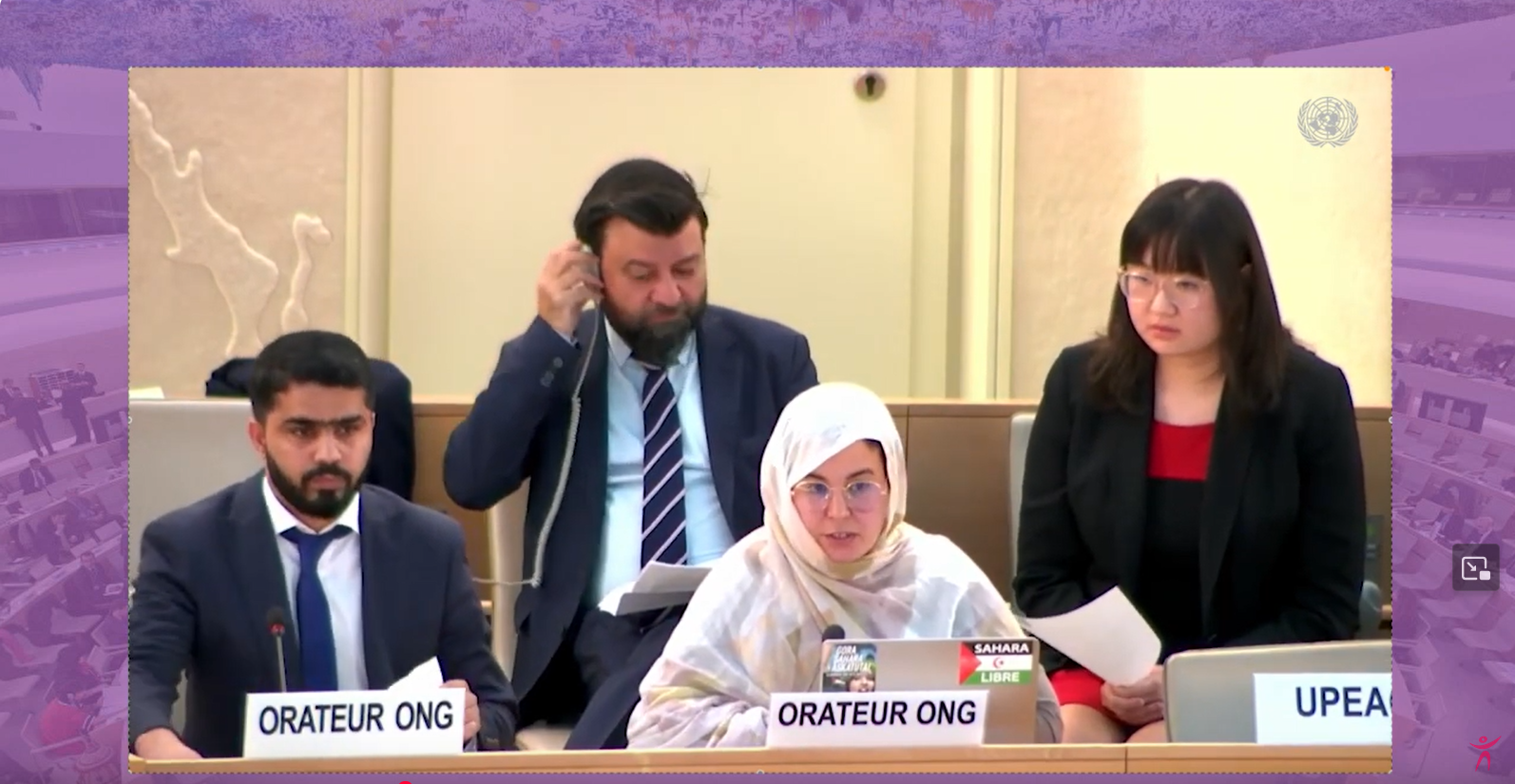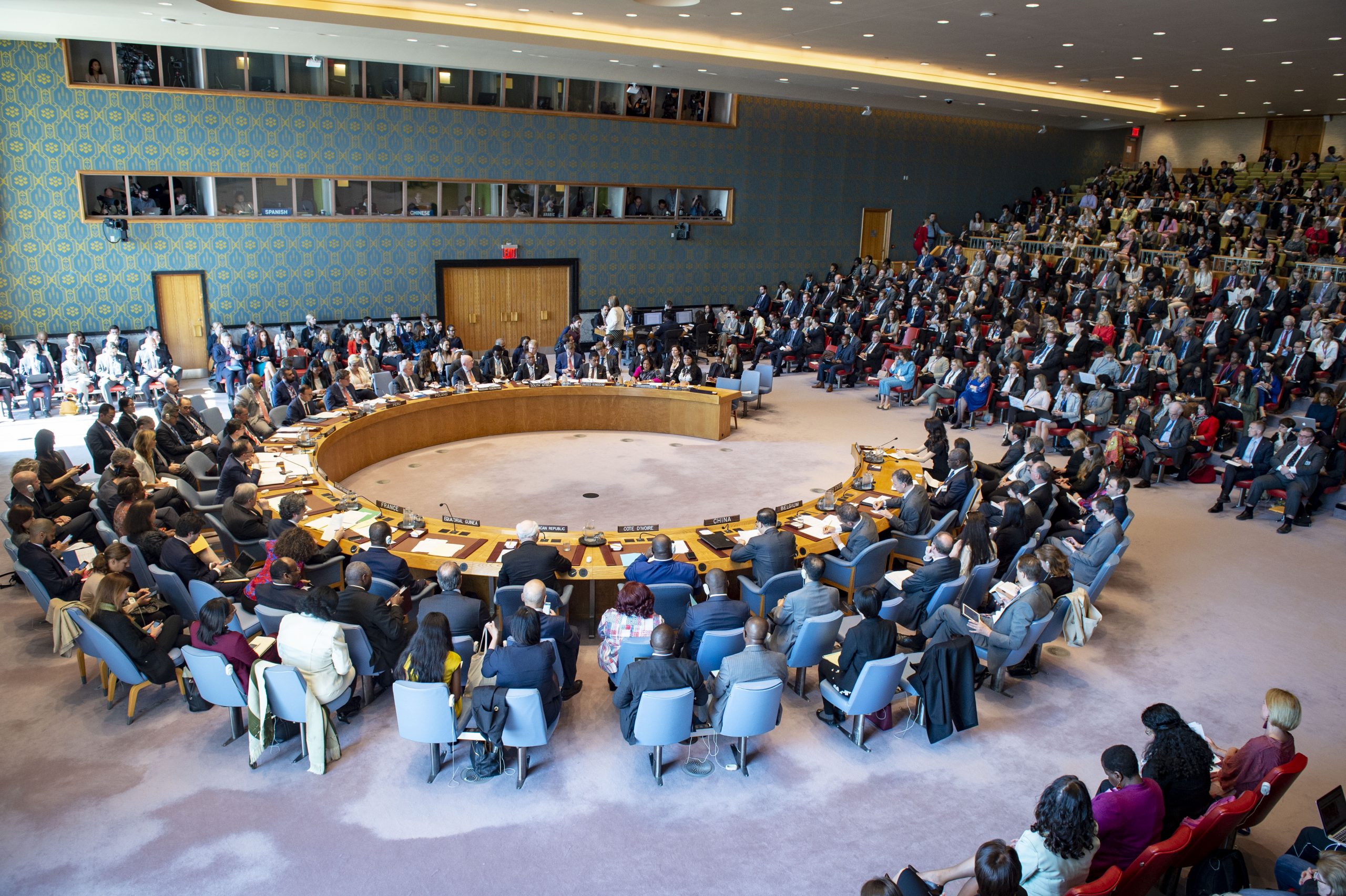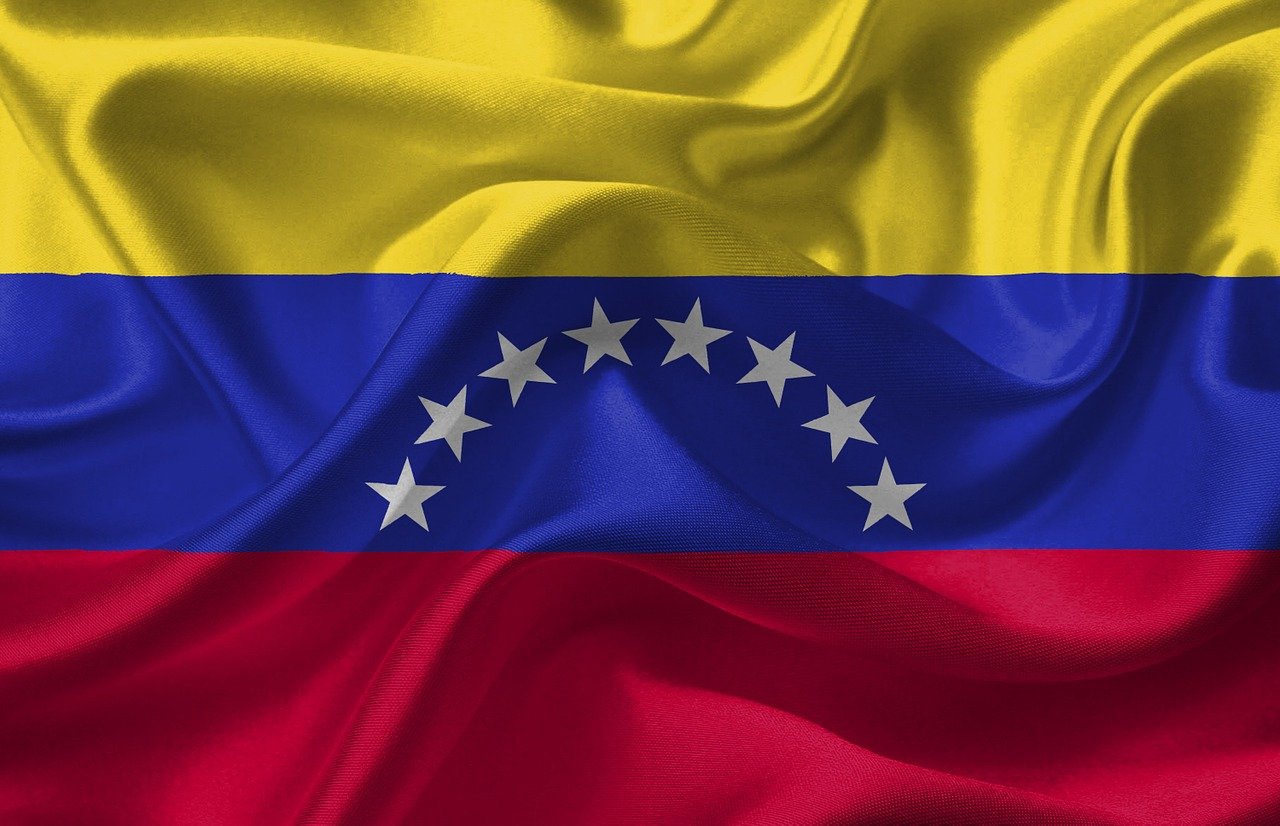ISHR’s Policy Brief builds on emerging good practice and civil society recommendations and provides a tool to guide UN bodies, mechanisms, and agencies, as well as diplomatic missions to the UN and in the field, on how to ensure that human rights defenders can engage meaningfully and safely with the Security Council. At the core of the recommendations are States’ duty to uphold the rights to unhindered access to the UN and to be protected from intimidation and reprisals in connection with any cooperation or attempted cooperation, as well as the Security Council’s moral obligation to respect and protect the right of all persons to communicate with it.
The views and experience of civil society have been a crucial source of knowledge, expertise, and analysis to the Security Council and indeed have grown in significance in recent years. This includes the rapid increase in the number of so-called ‘briefers’ participating in Security Council meetings in New York. It also includes engagement with Security Council visiting missions, peace operations and Special Representatives.
‘While the increased engagement with civil society representatives is positive in many ways, it may also lead to greater risks of intimidation and reprisals. Stakeholders would be prudent to take steps to better prevent and mitigate the risk of intimidation and reprisals and put in place effective policies on how to respond to incidents when they arise’, Madeleine Sinclair, Co-Director of ISHR’s New York office and Legal Counsel.
The Policy Brief spotlights in particular the risks faced by women human rights defenders, who may be at additional risk of gender-based violence and gender-specific risks because of who they are and the work that they do, which may challenge existing gender norms within their communities and societies.
The Policy Brief sets out a number of challenges, including: the lack of awareness of the phenomenon of intimidation and reprisals; insufficient attention paid to prevention; the UN’s limited mandates for protection; the risk that defenders may experience a false sense of security when engaging with the Security Council; the limited influence over certain perpetrators; lack of political will; the risk of prioritizing protection to the detriment of participation; and the risk that some human rights defenders choose to self-censor.
The primary duty to prevent and remedy reprisals lies with States—who must do more to prevent, investigate and ensure accountability for reprisals. ‘In particular, States must hold each other accountable, and call out their peers who carry out reprisals’, said Sinclair. The UN itself also has a duty to step up. ‘Where States fail to adequately investigate and ensure accountability, the UN must step in to ensure defenders can cooperate safely. In this case, that means the Security Council, and its peace operations, must recognize and act in conformity with its moral obligation to respect and protect the right of all persons to communicate with it and take all necessary steps to prevent, protect against, and promote accountability for any alleged acts of intimidation or reprisals’, said Sinclair.
Link to ISHR’s Policy Brief




